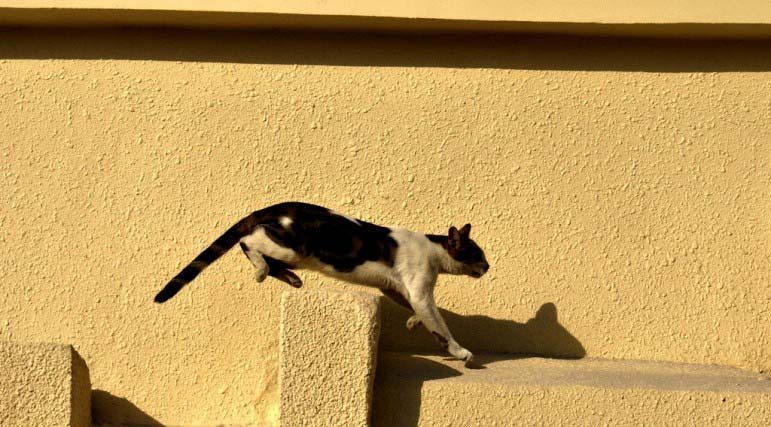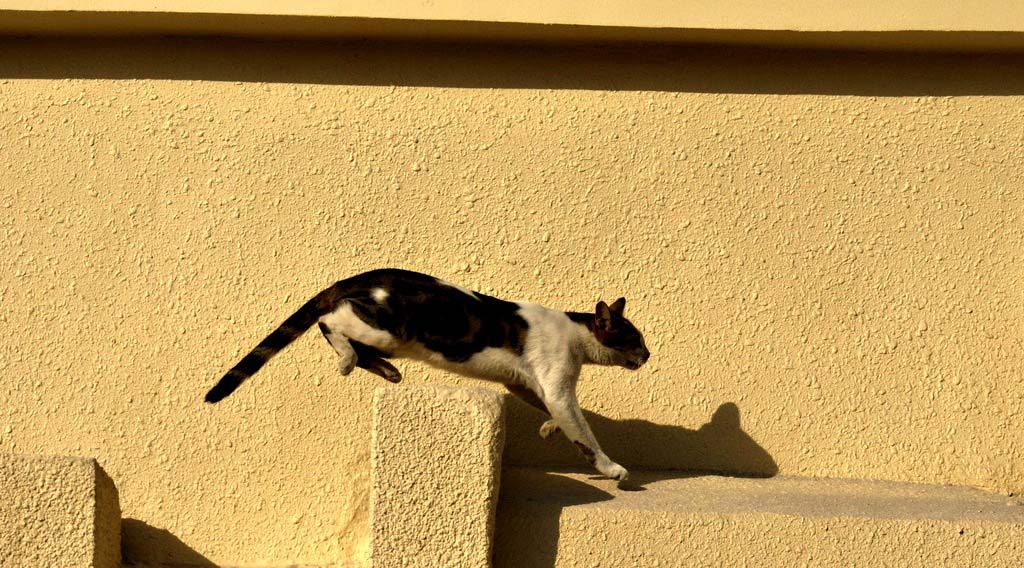
With many private animal rescue shelters in Qatar stretched to capacity, a new government facility initially scheduled to open north of Doha this December now appears to be several years away.
Last month, the Ministry of Environment and Ashghal issued a tender for a firm to provide consulting services, including pre-design work as well as to oversee the construction tendering and contract award.

Few details were published, apart from an expectation that the contractor would complete the work within 827 days of being awarded the job, likely pushing the project into 2018.
Past reports said construction of the facility, which is to be located in Umm Salal north of Duhail, was to begin in January 2014 and wrap up by the end of this year.
However, an animal welfare volunteer told Doha News that it was her understanding that the project was still in the planning stages.
The initial vision for the facility was to build some 120 kennels over 3,000 sqm of land.
Ministry of Environment officials were not immediately available to provide more details on the tender.
Currently, animal rescue services are largely decentralized and led by several volunteer-run organizations that have struggled at times to handle the influx of stray and abandoned animals brought to their premises, as well as pay for food, vaccinations and other operations.
Charitable status
While authorities in Qatar appear to moving ahead with construction of a new shelter, many other governments around the world opt to support privately run non-profit animal welfare centers rather than operate their own facilities, according to Janet Berry, the co-founder of the Qatar Animal Welfare Society (QAWS).

She said the money being allocated to construct the new shelter could go a long way towards supporting and stabilizing the country’s five existing facilities.
“We have a volunteer base, we have the facilities and the know-how,” she said.
Other organizations, such as Paws Rescue Qatar (PAWS), say they’ve offered
to run a government-funded pound where rescued animals could be held until they are adopted or relocated, but that authorities have so far been unresponsive to the idea.
In addition to financial support, Derry said the government could help organizations such as QAWS by granting them charitable status so that they can more easily solicit donations.
“We do what we do, and love what we do. It could just be that much easier if we could sit down with the authorities. We want to help them as much as we would like some help,” she said, adding that even though QAWS is “treading water” it still has a positive working relationship with the government.
Derry said QAWS is currently caring for some 160 dogs, 100 cats and a handful of farm animals. The 13-year-old organization has a waiting list of other animals waiting to be dropped off.
Thoughts?







